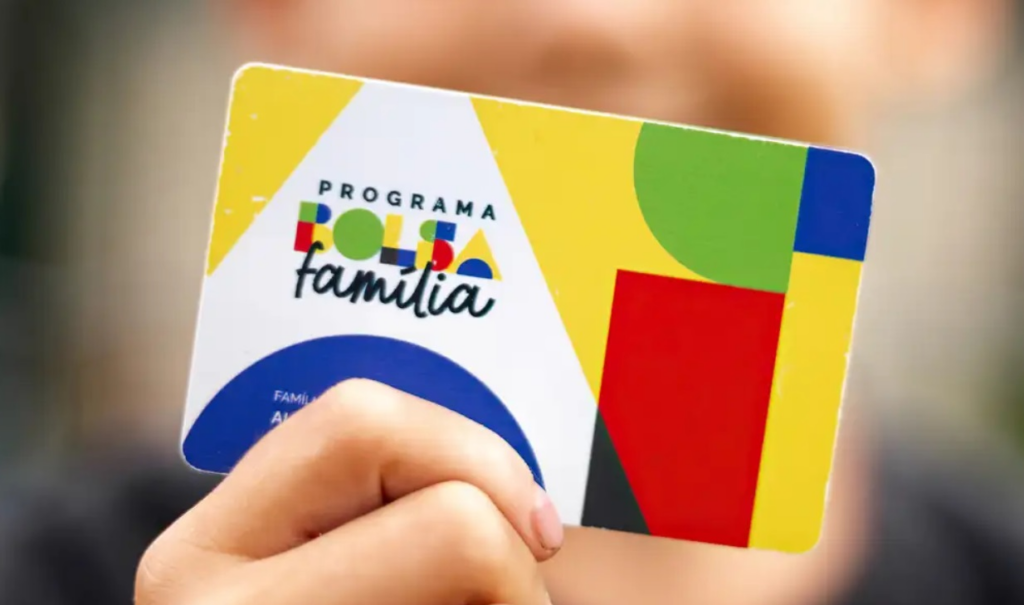Bolsa Família is an essential program in the Brazilian socioeconomic context, created with the aim of assisting families in situations of poverty and extreme poverty. Since its implementation, it has been a fundamental instrument for mitigating inequalities and promoting social inclusion in the country.
However, questions frequently arise regarding the possibility of judicial seizure of benefits in cases of debt on the part of the beneficiaries.
What is Bolsa Família?
Bolsa Família is a direct income transfer program created by the Brazilian federal government in 2003, during the administration of President Luiz Inácio Lula da Silva. Its main objective is to combat hunger and poverty, guaranteeing access to minimum conditions of dignity for families in vulnerable situations. The benefit is granted monthly and is conditional upon meeting specific requirements established by the government.
How the Bolsa Família program works and its requirements.
To become a beneficiary of Bolsa Família, the family must be registered in the Unified Registry for Social Programs of the Federal Government (CadÚnico) and meet the income criteria established by the program.

In addition, other conditions are considered, such as school attendance for children and adolescents and medical check-ups for pregnant women and children under 7 years of age.
The possibility of judicial seizure due to debts.
One of the issues that frequently worries Bolsa Família beneficiaries is the security of receiving the benefit in the face of potential debts or legal claims. According to Brazilian law, the unseizability of certain assets and rights aims to protect the minimum subsistence level of people in situations of social vulnerability.
The principle of non-seizability and the Bolsa Família program.
The principle of non-seizability is enshrined in the Federal Constitution and seeks to protect assets and rights essential for the dignified subsistence of individuals. Among these rights, social security and welfare benefits stand out, such as the Bolsa Família program.
Therefore, as a rule, Bolsa Família benefits cannot be subject to seizure or judicial blocking for debt payment.
Exceptions to the exemption from seizure
Although Bolsa Família benefits are protected by the principle of non-seizability, there are exceptional situations in which the benefit can be blocked judicially. One of these exceptions occurs when there is non-compliance with the program's conditions, such as children not attending school or not undergoing mandatory medical check-ups.
Furthermore, the benefit may be suspended if the family fails to update their registration information in the CadÚnico (Single Registry for Social Programs) within the deadlines established by the government. In these circumstances, the suspension is not due to debts with third parties, but rather to non-compliance with the requirements established for maintaining the benefit.
Court decisions and current understanding
Brazilian case law has been consolidating in the direction of protecting social assistance benefits such as Bolsa Família from seizure and judicial blocking, reinforcing the importance of these resources for the subsistence of families in vulnerable situations.
Recent decisions by higher courts have reaffirmed that the benefit cannot be used to settle personal debts.
Measures to protect the benefit
To ensure continued receipt of Bolsa Família benefits, it is essential that beneficiaries always comply with the program's requirements. This includes keeping their registration updated in the CadÚnico (Single Registry for Social Programs), fulfilling the established conditions, and paying attention to the deadlines and obligations determined by the government.
Furthermore, it is important to seek legal advice if there are any improper attempts to block or seize the benefit. Lawyers specializing in social security and welfare law can assist beneficiaries in defending their rights before the Judiciary, ensuring that Bolsa Família is preserved as a means of subsistence for the most needy families.
Ensuring minimum living conditions for families
According to current Brazilian law and jurisprudence, Bolsa Família benefits cannot be judicially blocked due to ordinary debt. The benefit is protected by the principle of non-seizability, which aims to ensure minimum subsistence conditions for families in situations of social vulnerability.
It is essential that beneficiaries are aware of their rights and responsibilities to ensure continued access to the program and to seek legal assistance if necessary.
Therefore, Bolsa Família continues to play a crucial role in reducing social inequalities in Brazil, providing direct financial support to millions of families who depend on it for their dignified survival and the improvement of their living conditions.
See also: What happens to the FGTS withheld due to a resignation request?
July 20, 2024
Graduated in Literature – Portuguese/English, and creator of the website Successful Writer, seeks to expand everyone's knowledge with relevant information on a variety of topics, as a writer. At Vaga de Emprego RJ, she provides opportunities and tips on the job market.